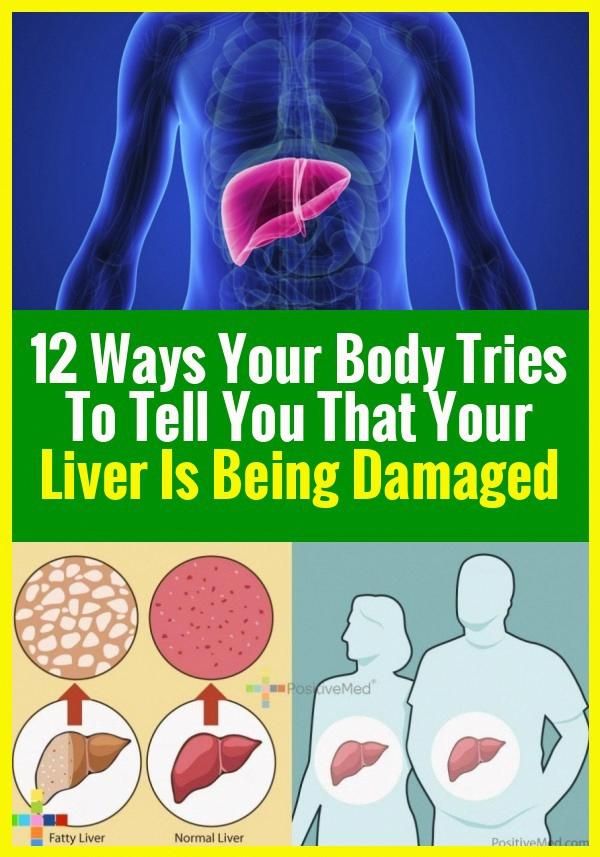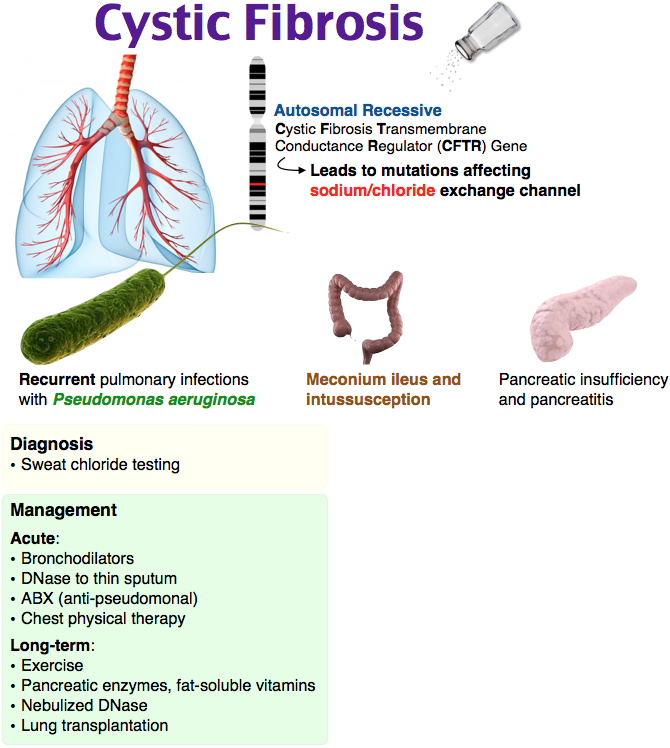Different kinds of miscarriage
Miscarriage | Pregnancy Birth and Baby
The loss of a baby through miscarriage can be very distressing. A miscarriage generally occurs for reasons outside your control and nothing can be done to prevent or stop it from happening. Most women who have had a miscarriage will go on to have a healthy pregnancy in the future.
What is a miscarriage?
A miscarriage is the loss of your baby before 20 weeks of pregnancy. The loss of a baby after 20 weeks is called a stillbirth.
Up to 1 in 5 confirmed pregnancies end in miscarriage before 20 weeks, but many other women miscarry without having realised they are pregnant.
Common signs of miscarriage include:
- cramping tummy pain, similar to period pain
- vaginal bleeding
If you think you are having a miscarriage, see your doctor or go to your local emergency department.
Many women experience vaginal spotting in the first trimester that does not result in pregnancy loss.
What are the types of miscarriage?
There are several types of miscarriage — threatened, inevitable, complete, incomplete or missed.
Other types of pregnancy loss include an ectopic pregnancy, molar pregnancy and a blighted ovum.
Threatened miscarriage
When your body is showing signs that you might miscarry, that is called a 'threatened miscarriage'. You may have light vaginal bleeding or lower abdominal pain. It can last days or weeks and the cervix is still closed.
The pain and bleeding may resolve and you can go on to have a healthy pregnancy and baby. Or things may get worse and you go on to have a miscarriage.
There is rarely anything a doctor, midwife or you can do to prevent a miscarriage. In the past bed rest was recommended, but there is no scientific proof that this helps at this stage.
Inevitable miscarriage
Inevitable miscarriages can come after a threatened miscarriage or without warning. There is usually a lot more vaginal bleeding and strong lower stomach cramps. During the miscarriage your cervix opens and the developing fetus will come away in the bleeding.
Complete miscarriage
A complete miscarriage has taken place when all the pregnancy tissue has left your uterus. Vaginal bleeding may continue for several days. Cramping pain much like labour or strong period pain is common — this is the uterus contracting to empty.
If you have miscarried at home or somewhere else with no health workers present, you should have a check-up with a doctor or midwife to make sure the miscarriage is complete.
Incomplete miscarriage
Sometimes, some pregnancy tissue will remain in the uterus. Vaginal bleeding and lower abdominal cramping may continue as the uterus continues trying to empty itself. This is known as an 'incomplete miscarriage'.
Your doctor or midwife will need to assess whether or not a short procedure called a ‘dilatation of the cervix and curettage of the uterus’ (often known as a ‘D&C’) is necessary to remove any remaining pregnancy tissue. This is an important medical procedure done in an operating theatre.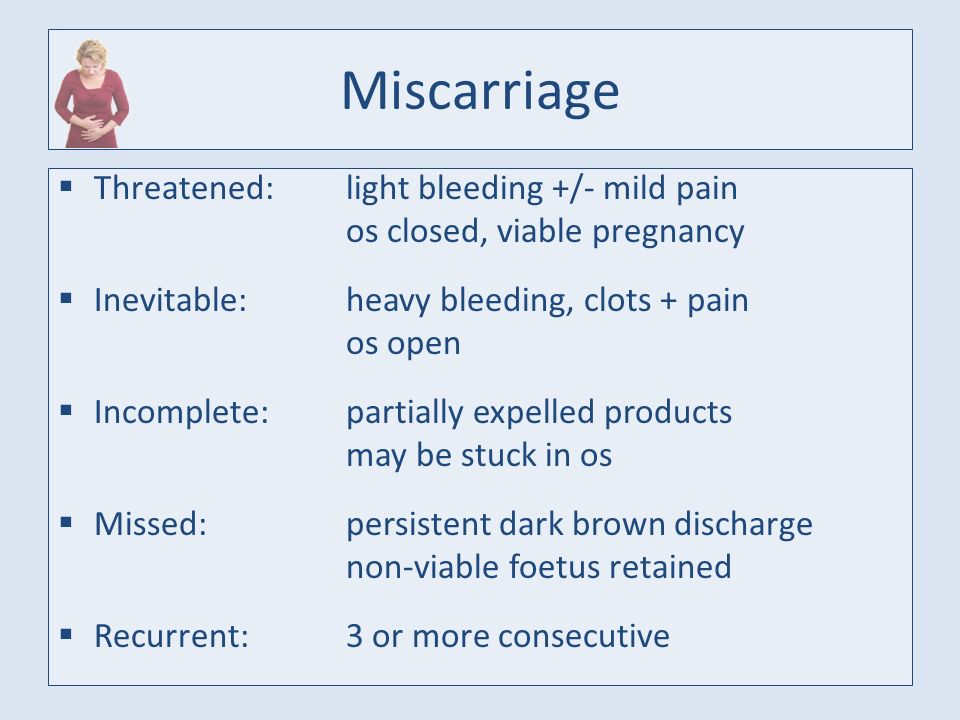
Missed miscarriage
Sometimes, the fetus has died but stayed in the uterus. This is known as a 'missed miscarriage'.
If you have a missed miscarriage, you may have a brownish discharge. Some of the symptoms of pregnancy, such as nausea and tiredness, may have faded. You might have noticed nothing unusual. You may be shocked to have a scan and find the fetus has died.
If this happens, you should discuss treatment and support options with your doctor.
Recurrent miscarriage
A small number of women have repeated miscarriages. If this is your third or more miscarriage in a row, it’s best to discuss this with your doctor who may be able to investigate the causes, and refer you to a specialist.
A miscarriage can occur suddenly or over a number of weeks. The symptoms are usually vaginal bleeding and lower tummy pain. It is important to see your doctor or go to the emergency department if you have signs of a miscarriage.
The most common sign of a miscarriage is vaginal bleeding, which can vary from light red or brown spotting to heavy bleeding. If it is very early in the pregnancy, you may think that you have your period.
If it is very early in the pregnancy, you may think that you have your period.
Other signs may include:
- cramping pain in your lower tummy, which can vary from period-like pain to strong labour-like contractions
- passing fluid from your vagina
- passing of blood clots or pregnancy tissue from your vagina
What really happens during a miscarriage?
WARNING — This article contains some graphic descriptions of what you might see during a miscarriage.
What should I do if I think I’m having a miscarriage?
If you are concerned that you are having a miscarriage, call your doctor or midwife for advice and support.
Keep in mind that many women experience vaginal spotting in the first trimester of pregnancy that does not result in a miscarriage.
If you are alone, consider calling your partner or a friend for help and support.
If you have very heavy bleeding, strong pain or feel unwell, call triple zero (000) or have someone take you to your nearest emergency department.
How is a miscarriage managed?
Unfortunately, nothing can prevent a miscarriage from happening once it has begun. What happens now depends on your own health and what is happening to you.
Each approach has benefits and risks. You should discuss these with your doctor.
Expectant or natural management
Also called ‘watch and wait’, expectant management may be recommended in early pregnancy. This involves going home and waiting until the pregnancy tissue has passed from your womb by itself. This can happen quickly, or it may take a few weeks.
Medical management
You may be offered medication that speeds up the passing of the pregnancy tissue. You may be asked to stay in hospital until the tissue has passed, or you may be advised to go home.
Surgical management
You may be advised to have a form of minor surgery called a 'dilatation and curettage' (also called a D&C or a curette). This procedure is often recommended if you have heavy bleeding, significant pain or signs of infection. It may also be recommended if expectant or medical management has failed. You may also decide that you prefer this option.
It may also be recommended if expectant or medical management has failed. You may also decide that you prefer this option.
This procedure is done under general anaesthesia in an operating theatre. It takes 5-10 minutes once you are asleep. The doctor opens the cervix and removes the remaining pregnancy tissue.
How is a miscarriage treated?
Once it is confirmed that you are having a miscarriage, your doctor may offer or recommend treatment. There are many options. All have benefits and risks — discuss these with your doctor.
If the miscarriage is complete
If it seems the miscarriage is complete, you should still see your doctor for a check-up. You may be advised to have an ultrasound to make sure your uterus is empty.
If you go to hospital
If you go to your hospital’s emergency department, you will be seen first by a triage nurse, who will assess how urgently you need to be seen by a doctor. Depending on your symptoms, you will either be taken in to see a doctor immediately, or you will be asked to wait.
If you are waiting to be seen and your symptoms become worse or you feel like you need to go to the toilet, let the staff know immediately.
What happens if I miscarry at home?
Some women miscarry at home before they have a chance to see their doctor or get to the hospital.
If this happens, then:
- use pads to manage the bleeding
- if you can, save any pregnancy tissue that you pass, as your doctor may recommend it is tested to see why your miscarriage happened
- take medications such as paracetamol if you have pain
- rest
- call your doctor or midwife
There is a chance you may see your baby in the tissue that you pass, but often the baby is too small to recognise, or may not be found at all. It is normal to want to look at the remains, but you may decide you do not want to. There is no right or wrong thing to do.
Some women miscarry while on the toilet. This can also happen if you are out and about, or in hospital. There is no right or wrong way to handle this.
There is no right or wrong way to handle this.
Why do miscarriages happen?
Many women wonder if their miscarriage was their fault. In most cases, a miscarriage has nothing to do with anything you have or have not done. There is no evidence that exercising, stress, working or having sex causes a miscarriage.
Most parents do not ever find out the exact cause. However, it is known that miscarriages often happen because the baby fails to develop properly, usually due to a chromosomal abnormality that was spontaneous, not inherited.
Occasionally, miscarriage is caused by:
- hormonal abnormalities
- immune system and blood clotting problems
- medical conditions such as thyroid problems or diabetes
- severe infections causing high fevers (not common colds)
- physical problems with your womb or cervix
What are the risk factors for miscarriage?
Women are more likely to have miscarriages if they:
- are older
- smoke
- drink alcohol in the first trimester
- drink too much caffeine in coffee, tea or energy drinks
- have had several previous miscarriages
Can you prevent a miscarriage?
Living healthily — no cigarettes, no alcohol and little to no caffeine — can decrease your risk of miscarriage. It’s a good idea to avoid contact with people who have a serious infectious illness when you’re pregnant.
It’s a good idea to avoid contact with people who have a serious infectious illness when you’re pregnant.
Who can I talk to for advice and support?
Talk to your doctor or midwife for information and advice on what do and how to look after yourself if you experience a miscarriage.
Your hospital should be able to provide details of available support services, such as bereavement support.
SANDS is an independent organisation that provides support for miscarriage, stillbirth and newborn death. You can call them on 1300 072 637 or visit www.sands.org.au.
You can also call Pregnancy, Birth and Baby on 1800 882 436, 7am to midnight (AET) to speak to a maternal child health nurse for advice and emotional support.
Speak to a maternal child health nurse
Call Pregnancy, Birth and Baby to speak to a maternal child health nurse on 1800 882 436 or video call. Available 7am to midnight (AET), 7 days a week.
Learn more here about the development and quality assurance of healthdirect content.
Types of miscarriage | Tommy's
There are several types of miscarriage, which happen at different stages of pregnancy. We still don’t understand why every miscarriage happens, but for those we do, doctors may use a particular term. The type of miscarriage may give you and your doctors more information about why it may have happened.
Early miscarriage
Early miscarriage is when a pregnancy is lost in the first 3 months (first trimester) of pregnancy. This is the most common type of miscarriage.
Late miscarriage
Late miscarriage is when a pregnancy is lost after 12 weeks (first trimester) but before 24 weeks. About 1–2% of pregnancies end in a late miscarriage.
Stillbirth
Stillbirth is the loss of a pregnancy after 24 weeks. It happens in approximately 0.5% of births in England.
Complete miscarriage
A complete miscarriage is when the pregnancy tissues comes away from your womb completely and there is no need for medical intervention.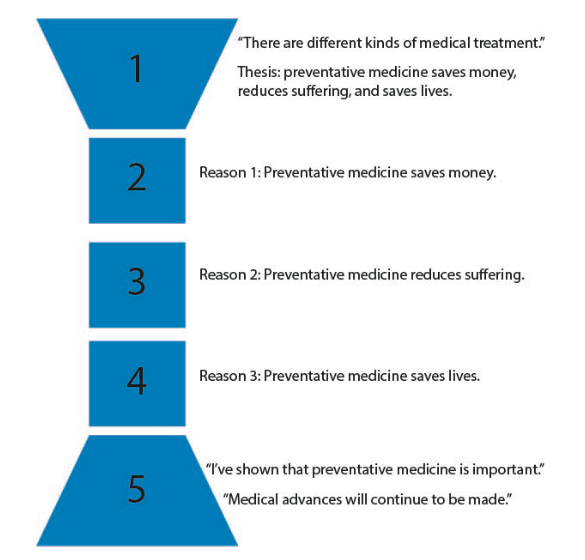
Incomplete miscarriage
An incomplete miscarriage is when a miscarriage begins, but not all of the pregnancy come away. Find out about the signs of an incomplete miscarriage and how this type of miscarriage will be managed.
Missed miscarriage (also known as a silent or delayed miscarriage)
Sometimes, women don’t have any symptoms of a miscarriage, but it will be diagnosed during a routine ultrasound scan during your antenatal care. This is called a missed or delayed miscarriage.
Chemical pregnancy
A chemical pregnancy is when a pregnancy ends in miscarriage before 5 weeks of pregnancy. The pregnancy may be confirmed by a blood test or a home pregnancy test but is not yet visible on an ultrasound scan. Learn more about chemical pregnancy.
Molar pregnancy
A molar pregnancy is when a fetus doesn’t form properly in the womb. It is a very rare complication of pregnancy. Find out more about molar pregnancy.
Recurrent miscarriage
Recurrent miscarriage is when a miscarriage happens 3 or more times in a row. This is very rare, affecting 1% of couples.
This is very rare, affecting 1% of couples.
Ectopic pregnancy
Ectopic pregnancy is a pregnancy where the baby develops outside the uterus, usually in one of the fallopian tubes. This happens in approximately 1% of pregnancies.
Medical terms can be confusing. We have a list of medical descriptions in our list of miscarriage terminology.
Your emotional health
Miscarriage can be devastating. You may be struggling with grief, anxiety and shock, but you do not need to go through this alone. There are lots of organisations that can provide advice and support.
If you’re worried that you or your partner are struggling to cope after losing a baby, please talk to your GP. They will be able to help you get the support you need.
You can also talk to a Tommy’s midwife for free from 9am-5pm, Monday to Friday on 0800 0147 800 or you can email them at [email protected]. Our midwives are trained in bereavement support and will be able to talk to you about what you're going through.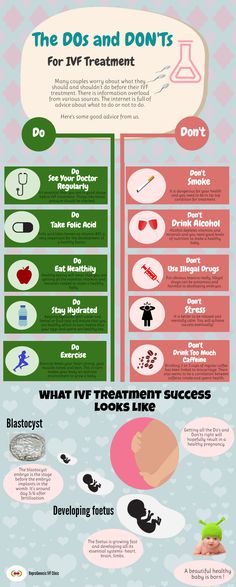
Find out more about support after a miscarriage.
Miscarriage statistics
For many women, a miscarriage may have happened so early that they weren’t aware that they were pregnant. Read our miscarriage statistics for more information, including the statistics related to age.
Find out more about the causes of a miscarriage.
Find out more about how common miscarriage is.
Review dates
Reviewed: 10 February 2020 | Next review: 10 February 2023
Back to top
Miscarriage
Miscarriage is a spontaneous premature termination of pregnancy for a period of less than 20 weeks, that is, during the period when the embryo or fetus cannot yet survive on its own outside the female body. This is the most common complication of the first trimester of pregnancy.
Approximately 10-20% of all pregnancies end in miscarriage. Most often, spontaneous abortion occurs in the first 12 weeks. In some cases, the pregnancy is terminated before the woman even knows about its existence. nine0003
In some cases, the pregnancy is terminated before the woman even knows about its existence. nine0003
The risk of miscarriage increases with age: in women younger than 35 years old it is 15%, from 35 to 45 years old - 20-35%, over 45 years old - more than 50%. Women who have had a miscarriage in the past have an increased risk of spontaneous abortion. However, if a woman is healthy and re-pregnancy occurs 2-3 months after a spontaneous abortion, then it most often ends safely.
If a woman experiences three or more spontaneous abortions, then this condition is called recurrent miscarriage. It is diagnosed in approximately 1% of women who have had a spontaneous abortion. Identification of the immediate cause of recurrent miscarriage and appropriate treatment allows most patients to subsequently become pregnant and give birth to a healthy child. nine0003
Russian synonyms
Spontaneous abortion, spontaneous abortion.
Synonyms English
Miscarriage, early miscarriage, recurrent miscarriage, spontaneous abortion.
Symptoms
Symptoms of miscarriage can be both almost imperceptible and pronounced. The duration of manifestations can also vary. In some cases, the main symptoms are preceded by a period of non-specific manifestations: there may be weight loss, weakness, back pain, bloody or mucous discharge from the genitals. nine0003
The main symptoms of miscarriage are:
- bleeding from the genitals;
- abdominal pain;
- contractions.
Other complications of pregnancy, such as ectopic pregnancy, may have similar symptoms. Therefore, in case of any violations, it is necessary to consult a doctor as soon as possible to identify the cause of the pathology and timely treatment.
General information about the disease
Miscarriage occurs quite often, and in many cases it is impossible to determine the cause of this pathology. There are several groups of factors that can lead to spontaneous abortion.
- Chromosomal disorders in embryonic cells. Chromosomes are cellular structures that contain genetic information. Chromosomal abnormalities incompatible with life cause spontaneous abortion in the early stages of pregnancy. More than half of the cases of miscarriage in the first trimester is associated with them. The risk of genetic abnormalities increases in proportion to the age of the mother. nine0034
- Maternal pathology. Most often, maternal illness leads to miscarriage between the 12th and 20th week of pregnancy. Allocate:
- Chronic maternal diseases: diabetes mellitus, thyroid disease, severe urinary and cardiovascular disorders, autoimmune diseases (antiphospholipid syndrome, systemic lupus erythematosus), blood clotting disorders (factor Leiden deficiency), as well as certain chromosomal abnormalities in the mother's body. nine0034
- Acute illness of the mother: severe trauma, burns, infections, in particular cytomegalovirus infection, mycoplasma, as well as severe emotional stress.

- Diseases and disorders of the structure of the genital organs of a woman: pathology of the structure of the uterus, cervical insufficiency, uterine fibromyoma. This group also includes anomalies in the structure and position of the placenta, as well as multiple pregnancy, which also increases the risk of miscarriage.
- Use of alcohol, psychoactive substances by a woman. nine0034
In the normal course of pregnancy in a healthy woman, moderate physical activity and sex cannot cause miscarriage. However, in some cases, in order to maintain pregnancy, the doctor may advise the patient to limit physical activity and stop sexual intercourse for a while.
There are the following types of miscarriage:
- Threatened spontaneous abortion. This term is used for any bleeding from the uterine cavity in the first half of pregnancy. At the same time, the external cervical os is closed and there are signs of the vital activity of the embryo. nine0034
- Inevitable abortion.
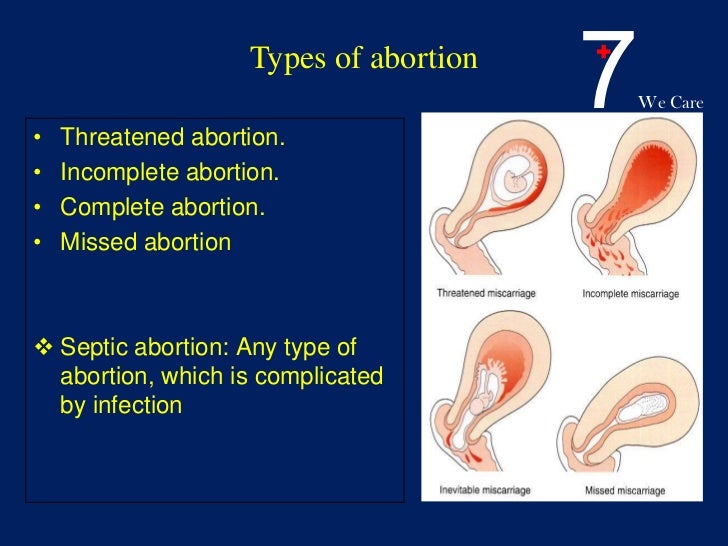 It is diagnosed if bleeding from the uterine cavity is accompanied by the opening of the cervix, but the fetus and placenta are still in the uterine cavity.
It is diagnosed if bleeding from the uterine cavity is accompanied by the opening of the cervix, but the fetus and placenta are still in the uterine cavity. - Incomplete abortion. A condition in which parts of the embryo or placenta are still in the uterine cavity.
- Complete abortion. With a complete abortion, all components of the fetus, placenta, membranes are completely expelled from the uterine cavity.
- Frozen pregnancy. A condition in which intrauterine fetal death occurs, but neither the fetus nor the placenta is expelled from the uterine cavity. nine0034
Who is at risk?
- Women over 35
- Women who have had a spontaneous abortion in the past
- Women with chronic diseases
- Women with acute infectious pathology, injuries, exhaustion, exposed to ionizing radiation
- Women who smoke and use alcohol and/or drugs
- Women with multiple pregnancies nine0039
- Complete blood count with leukocyte formula, erythrocyte sedimentation rate (ESR). These indicators allow you to assess the general condition of the patient, identify signs of anemia, infection and other diseases that affect the normal course of pregnancy.
- Urinalysis with microscopy, serum creatinine, serum urea. These studies allow you to evaluate the functioning of the urinary system and identify kidney diseases that can cause spontaneous abortion. nine0034
- Hemostasiology studies that assess the activity of the blood coagulation and anticoagulation system, identify diseases that increase the risk of miscarriage:
- D-dimer
- Activated partial thromboplastin time (APTT)
- Coagulogram No. 1 (prothrombin (according to Quick), INR)
- Fibrinogen
- Examination of liver functions.
 Allows you to identify signs of acute or chronic liver pathology:
Allows you to identify signs of acute or chronic liver pathology: - Alanine aminotransferase (ALT)
- Aspartate aminotransferase (AST)
- Total protein in serum
- Bilirubin total
- Bilirubin direct
- Plasma glucose. An increase in blood glucose levels can be a sign of diabetes, one of the main risk factors for miscarriage.
- Thyroid stimulating hormone (TSH). Allows you to evaluate the activity of the thyroid gland and signs of endocrine diseases that affect the course of pregnancy. nine0034
- Diagnosis of infectious diseases. The level of various types of antibodies to certain infections is determined:
- HIV 1, 2 Ag/Ab Combo (determination of antibodies to HIV types 1 and 2 and p24 antigen)
- anti-HCV, antibodies, express, ultra sensitive
- HBsAg, ultra sensitive
- Treponema pallidum, antibodies, hypersensitive
- Toxoplasma gondii, IgM nine0033 Toxoplasma gondii, IgG (quantitative)
- Rubella Virus, IgM
- Rubella Virus, IgG (quantitative)
- Cytomegalovirus, IgM (quantitative)
- Cytomegalovirus, IgG
- Herpes Simplex Virus 1/2, IgM
- Herpes Simplex Virus 1/2, IgG
- Beta subunit of human chorionic gonadotropin (beta hCG).
 It is a glycoprotein synthesized by the placenta. A decrease in the level of beta-hCG, which does not correspond to the gestational age, makes it possible to suspect a pathology. nine0034
It is a glycoprotein synthesized by the placenta. A decrease in the level of beta-hCG, which does not correspond to the gestational age, makes it possible to suspect a pathology. nine0034 - Diagnosis of antiphospholipid syndrome, which can cause miscarriage:
- Antiphospholipid IgG
- Antiphospholipid IgM
- Genetic research. Allow to identify chromosomal abnormalities in the mother, which can cause abnormal gametogenesis and, as a result, genetic abnormalities of the fetus that are incompatible with life. It is also possible to identify a genetic predisposition to early habitual pregnancy loss. nine0034
- Pelvic ultrasound
- Hysteroscopy
- Laparoscopy
- give up alcohol, smoking, limit or stop drinking coffee and caffeinated drinks;
- regularly undergo preventive examinations; nine0034
- refrain from extreme sports that could result in serious injury;
- avoid ionizing radiation, contact with sources of infection.

- CBC
- Leukocyte formula
- Erythrocyte sedimentation rate (ESR)
- Urinalysis with microscopy nine0033 D-dimer
- Activated partial thromboplastin time (APTT)
- Coagulogram No. 1 (prothrombin (quick), INR)
- Fibrinogen
- Alanine aminotransferase (ALT)
- Aspartate aminotransferase (AST)
- Plasma glucose
- Serum creatinine
- Serum urea
- Total protein in serum
- Bilirubin total
- Bilirubin direct
- HIV 1, 2 Ag/Ab Combo (determination of antibodies to HIV types 1 and 2 and p24 antigen)
- anti-HCV, antibodies, express, ultra sensitive
- HBsAg, ultra sensitive
- Treponema pallidum, antibodies, hypersensitive
- Toxoplasma gondii, IgM
- Toxoplasma gondii, IgG (quantitative)
- Rubella Virus, IgM
- Rubella Virus, IgG (quantitative)
- Cytomegalovirus, IgM
- Cytomegalovirus, IgG
- Herpes Simplex Virus 1/2, IgM
- Herpes Simplex Virus 1/2, IgG
- Thyroid Stimulating Hormone (TSH)
- Pregnancy - I trimester
- Beta subunit of human chorionic gonadotropin (beta hCG)
- Antiphospholipid IgG
- Antiphospholipid IgM
- Predisposition to early habitual pregnancy loss
- Predisposition to early habitual pregnancy loss (extended)
- Induced abortions
- Metabolic disorders
- Anomalies in the structure of internal organs (mainly uterus)
- Immune system disorders
- Inflammation of the pelvic organs: gonorrhea, trichomoniasis, etc.
- Impaired blood flow in the uterus or placenta
- Myoma
- Anomalies in the structure of the uterus
- Placenta previa
- Regular strenuous exercise
- Night shift work
- Exposure to stressors
- Smoking and drinking
- Abortion
- Caesarean section and other pelvic surgeries
- Genetics: miscarriage in mother or grandmother
- Age: under 16 and over 35
- Cardiovascular pathologies
- Diabetes mellitus
- Diseases of the kidneys
- Obesity 2-3 degrees
- Diseases of the thyroid gland
- Increased blood clotting, etc.
- Body type
- Height to weight ratio
- Blood pressure readings
- Presence of skin striae
- Liver condition
- Features of the cardiovascular system
- Expression of secondary sexual characteristics
- Psycho-emotional instability of the patient
- Excessive sweating
- Paleness or blueness of the skin
- Rapid pulse
- Detection of scars on the cervix
- Determination of the dimensions of the external os of the cervical canal
- Neck fixings
- Identification of hair type
- Progesterone
- Testosterone
- Thyroid-stimulating hormone, etc.
- Vaginal, cervical and uterine materials
- Urine
- Blood
- Early termination of pregnancy
- History of stillbirth
- Couple over 35 years of age
- Clinical analysis of urine and blood
- Biochemical blood test
- Rh factor and blood group determination
- Hormone profiling
- Virological testing
- Genetic diagnostics
- Immunological study
- Complete virological and genetic testing
- Take a spermogram
- Visit a urologist-andrologist for a comprehensive examination and consultation
- History taking
- Gynecological examination
- ultrasound
- Laboratory tests (blood and urine tests)
- Cervical examination
- ultrasound
- Vaginal and cervical swabs (for elevated leukocyte counts)
- Specialized tests to rule out Down's disease and other genetic abnormalities
- Glucose tolerance tests
- Transviganile Ultrasound
- Manual examination of the cervix
- Cervical swabs
- Doppler study to determine placental and uterine blood flow
- Fetal activity
- Absence of antibodies in the blood (with negative Rh)
- Contractile activity of the uterus
- Bacteriological status (presence of infections in the vagina)
- Preterm markers
- Blood sugar test is taken
- WBC and total protein are assessed
- Determine the contractile function of the uterus
- Fetal assessment
- Smears being examined
- Hepatitis, HIV and AIDS tests are taken
- Elimination of inflammatory processes
- Restoration of immune status
- Correction of comorbidities
- Restoration of hormonal status
- Elimination of metabolic disorders, etc.
- Remove all psychological barriers
- Teach a woman to talk about a problem
- Set up the patient for a successful pregnancy
- Herbal sedatives
- Antispasmodics
- Hormonal preparations
- Immunoglobulins
- Determination of factors provoking miscarriage
- Comprehensive couple examination
- Preparation for a successful pregnancy
- Mandatory control over the occurrence of complications during childbearing nine0033 Taking special drugs
- Reduce the chances of miscarriage
- Prevent purulent infections, heavy bleeding, spread of infection during miscarriage
- Reduce the risk of preterm birth and neonatal death
- Need for ongoing medical support nine0033 Psychological status of the patient
- Presence of comorbidities
- Assistance to patients with primary and recurrent miscarriage at various times. Support is provided by experienced professionals who improve their skills
- Availability of facilities for comprehensive diagnostics of a woman and her partner. For examinations, modern installations of well-known manufacturers are used. Availability of own laboratory allows to carry out analyzes in the CITO mode (urgently)
- Use in diagnosis, treatment, prevention and rehabilitation of classical and modern methods
- Expert gynecological consultations providing a second opinion on your situation
- Opportunities for conservative and surgical treatment using modern drugs and innovative techniques and equipment
- Reproductive hemostasiologist appointment for bleeding disorders, which in some cases is the cause of miscarriage
- Providing a full service to a woman and her partner
- Pre-pregnancy programs to reduce the risk of miscarriage
- Comfortable conditions and pleasant psychological atmosphere in clinics
- Opportunities for psychotherapeutic support
- Involvement of several doctors in the work with a patient
Diagnosis
If a spontaneous abortion is suspected, the doctor first of all performs a gynecological examination and ultrasound examination of the pelvic organs, which allows assessing the condition of the uterus, its cervix, the presence of elements of the fetus and placenta in its cavity.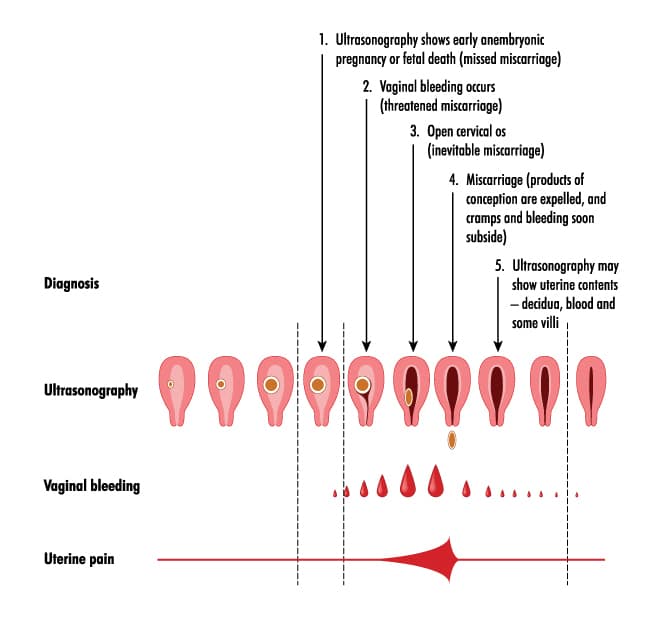 Sometimes, to monitor the course of pregnancy, as well as to identify the causes of miscarriage, a number of additional laboratory and instrumental studies may be required.
Sometimes, to monitor the course of pregnancy, as well as to identify the causes of miscarriage, a number of additional laboratory and instrumental studies may be required.
Laboratory diagnostics
Instrumental methods of examination
Visual examination of the pelvic organs assesses the condition of the uterus, reveals anomalies in its structure, pathology of the reproductive system, establishes the presence or absence of elements of the placenta and embryo in the uterine cavity.
Treatment
Treatment depends on the type of spontaneous abortion, the condition of the woman. With a complete spontaneous abortion, when there are no elements of the fetus and placenta in the uterus, additional intervention is usually not required. In case of incomplete abortion, it is necessary to remove all elements of the membranes, embryo and placenta from the uterine cavity. For this, curettage or, in some cases, drug treatment can be carried out.
With a complete spontaneous abortion, when there are no elements of the fetus and placenta in the uterus, additional intervention is usually not required. In case of incomplete abortion, it is necessary to remove all elements of the membranes, embryo and placenta from the uterine cavity. For this, curettage or, in some cases, drug treatment can be carried out.
If there is a threat of miscarriage and the preservation of signs of fetal vital activity, it is necessary to try to save the pregnancy. Depending on the severity of the condition, a woman may be admitted to a hospital or treated on an outpatient basis. The treatment regimen is selected by the doctor individually, depending on the cause of miscarriage, gestational age, the patient's condition and other factors. nine0003
Prevention
Prevention of miscarriage includes both parental care before conception and following certain recommendations after pregnancy. To reduce the risk of pregnancy termination, a pregnant woman should:
Recommended tests
Miscarriage: primary and habitual, why spontaneous abortion occurs
Miscarriage is a pathological condition that consists in the termination of (spontaneous) pregnancy for up to 37 weeks.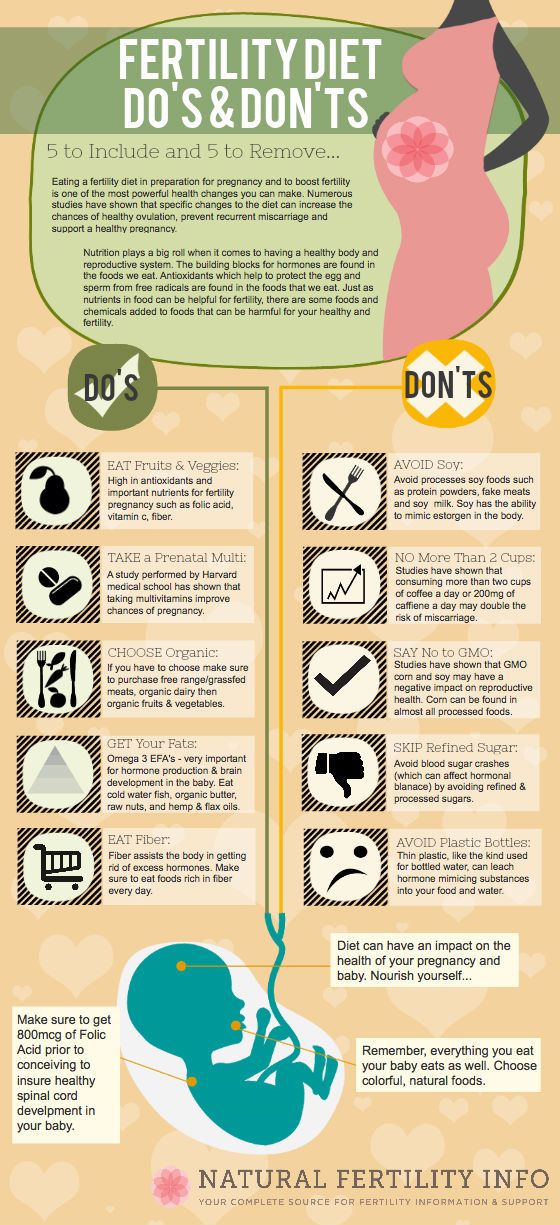 If after the first miscarriage, appropriate treatment was not carried out, the risk of a second one increases. That is why it is important to consult a doctor in a timely manner. This will reduce the risks of recurrent miscarriage, eliminate existing pathologies and become pregnant. nine0003
If after the first miscarriage, appropriate treatment was not carried out, the risk of a second one increases. That is why it is important to consult a doctor in a timely manner. This will reduce the risks of recurrent miscarriage, eliminate existing pathologies and become pregnant. nine0003
It should be understood that there is nothing shameful in the diagnosis of "miscarriage", treatment should be carried out in a timely manner and by professionals!
Miscarriage is a problem that today has affected a huge number of women around the world. It negatively affects the birth rate and is important from the point of view of socio-economic development. Miscarriage, the causes of which are constantly being studied, depending on the time of occurrence, can be classified as spontaneous abortion (early: before 12 weeks, late: before 22 weeks) or preterm birth (early: from 22 to 28 weeks, late: from 28 to 37 weeks ). nine0003
Reasons
Miscarriage, the causes and treatment of which are being investigated by specialists, is a complex pathology.
Usually it is provoked by pathological conditions of the woman's body, immunological disorders in the "mother-placenta-fetus", chromosomal and gene disorders, socio-biological (physiological, chemical and other factors).
The causes of the pathological condition include:
Often, specialists diagnose not one, but several causes of miscarriage at once.
Early miscarriage
Early termination of pregnancy usually occurs due to pathologies of the endocrine system, genetic factors or inflammatory processes. Miscarriages in the second trimester are rare. If pathology occurs, it is usually under the influence of factors such as violations of blood clotting processes.
Provoke abortion in the early stages can and reasons such as:
Important! The threat of miscarriage exists constantly, not only in the early stages. That is why you should be regularly examined in a antenatal clinic or a doctor in a large clinic. Only timely diagnosis will help to avoid a pathological condition and prevent miscarriage in the early or late stages. For any unusual sensations or signs, you should consult a doctor! So you can keep the pregnancy and bear a healthy baby, even if there is a predisposition to abortion. nine0003
Recurrent miscarriage
The diagnosis of "recurrent miscarriage" is made if the interruption occurred more than 2-3 times in a row. A woman needs not only the supervision of a doctor, but also a thorough examination. All therapy is based on the factors and causes of miscarriage. If necessary, the patient is observed not only by a gynecologist, but also by an endocrinologist, geneticist, and other specialists.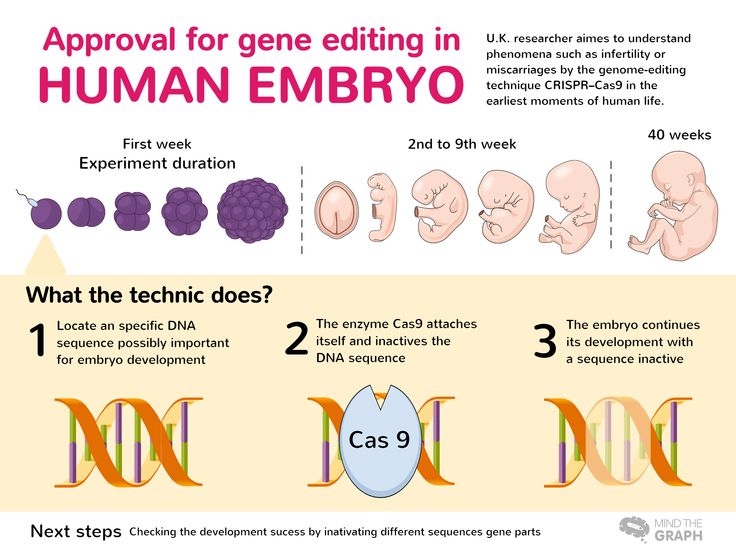 Particular attention is paid to finding out the main and additional reasons that provoked a miscarriage. nine0003
Particular attention is paid to finding out the main and additional reasons that provoked a miscarriage. nine0003
Risk of miscarriage
Miscarriage is a pathological condition that can occur today in almost every woman.
This is due to the fact that it is provoked by factors such as:
The cause of abortion (especially in the early stages) in some cases is even a common viral infection. nine0003
Pathology diagnostics
Diagnosis of pathology is carried out in the presence of clinical signs of miscarriage (persistent miscarriages, fetal developmental arrest, stillbirths) and symptoms of a threatened abortion, which include bloody discharge from the genital tract and pulling pains in the lower abdomen at any stage of pregnancy.
For the diagnosis of pathology are carried out:
General examination of the patient
The doctor performs it comprehensively, paying attention to: nine0003
The increased risk of miscarriage may be indicated by such signs as:
Gynecological examination
It consists in:
During a gynecological examination, a specialist can detect the presence of genital warts and other formations, as well as tumor processes, determine the size of the ovaries, detect inflammation and malformations of internal organs.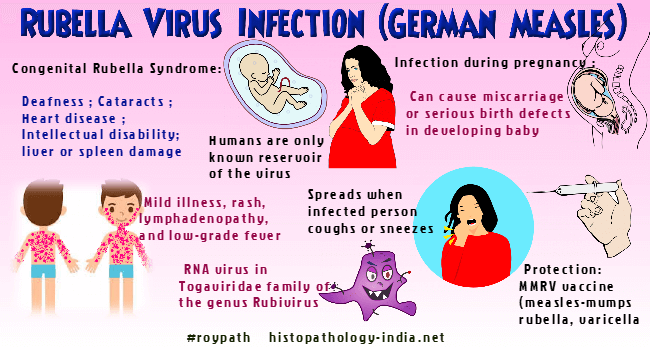 nine0003
nine0003
Special examinations
Diagnostics is carried out in two stages. At the first, the general condition of the reproductive system of the couple is assessed, at the second, the causes of the pathological condition (if it is detected) are specified.
Hormonal studies
When diagnosing, the causes of hormonal imbalance in the body are determined. Thanks to this study, doctors are able to quickly select the necessary means of therapy.
Analyzes are aimed at studying hormones such as: nine0003
The full range of studies is voiced by a specialist.
Immunological testing
With such a diagnosis, indicators of immunoglobulins, growth hormone, thyroid hormones and other parameters are determined that determine the ability of a woman's body to bear a child.
Bacteriological tests
Such a diagnosis consists in the study:
Experts determine not only the causative agents of the infection, but also the presence of antibodies to them.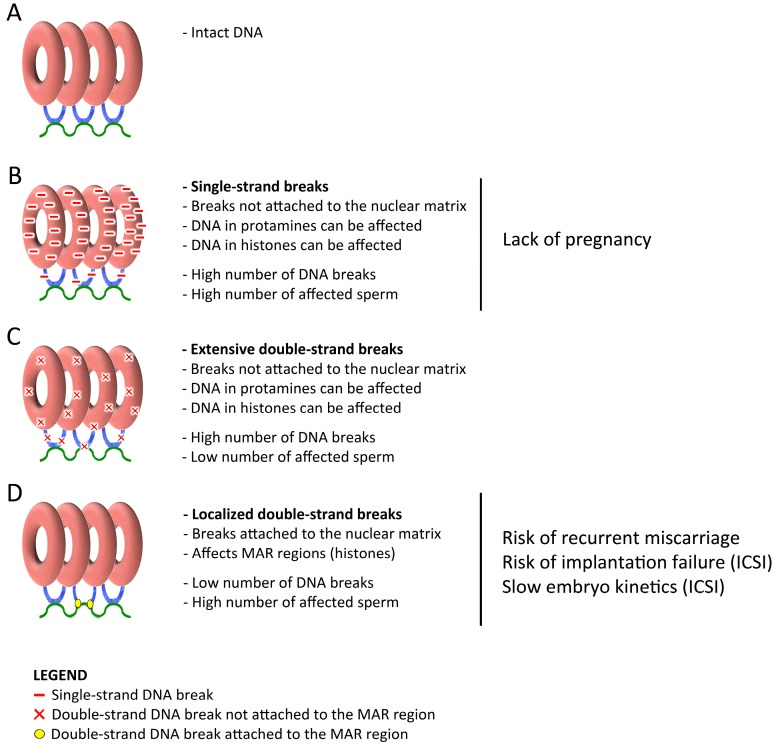
Genetic research
Diagnostics is carried out at:
The geneticist necessarily studies the pedigree of the couple, receives information that allows us to understand the regularity or randomness of the miscarriage factors.
Important! Diagnosis with suspicion of pathology is not only a woman, but also a man.
What tests and examinations are needed?
Women with suspicions of miscarriage and for an accurate diagnosis pass the following tests: nine0003
A pelvic ultrasound is also performed to determine ovulation.
The man will: nine0003
Important! Only a comprehensive examination allows you to find out all the main and concomitant causes of miscarriage, after which you can develop an individual treatment plan, even with a combination of a number of factors that provoke miscarriages.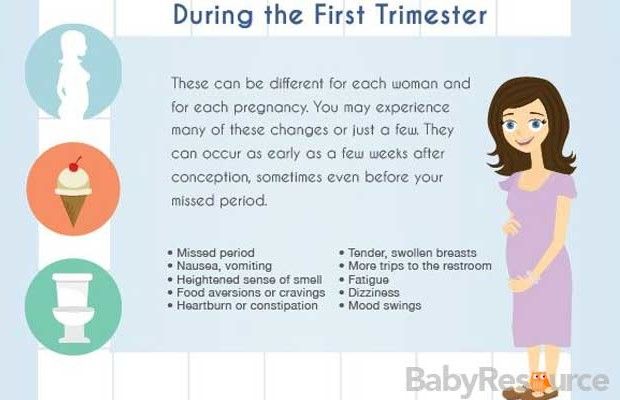
Examination: features of the procedure
With such a pathology as miscarriage, tests are given by the patient and her partner all the time.
At the first visit to a pregnant gynecologist and registration, the following are carried out:
When diagnosing thrombopholia (blood clotting disorders), the causes of the pathology are identified. Immediately after this, the necessary therapy is carried out. Be sure to study the indicator of TBG (marker of placental insufficiency). If the rate is reduced in the first trimester, the doctor may judge the risk of miscarriage. nine0003
At 15-20 weeks of pregnancy are carried out:
At the 24th week of pregnancy, the following are performed:
At week 32, the following are evaluated:
If necessary, the woman is hospitalized. It is aimed at the prevention of miscarriage and treatment in case of detection of pathological processes.
It is aimed at the prevention of miscarriage and treatment in case of detection of pathological processes.
At 37 weeks:
Preparation for pregnancy in case of miscarriage and treatment
Preparation for pregnancy with a diagnosis of "miscarriage" is always carried out according to an individual scheme, which is developed in accordance with the patient's condition and the results of the diagnosis.
Preparation may include:
It usually takes at least 2-3 months to prepare for pregnancy.
The psychological support of the woman becomes obligatory.
It is important for specialists:
Preparation is impossible without the support of loved ones. In no case should you brush aside the problems of a woman who cannot bear a child. You should devote time to her problem, talk to her, tune in to a positive outcome of the upcoming pregnancy. Do not forget that one of the causes of the pathological condition is stress. nine0003
The treatment of miscarriage largely depends on the causes that provoked the difficulties.
Patients may be given:
Treatment is possible with placental insufficiency, premature rupture of amniotic fluid, inflammatory and other negative and aggressive processes. nine0003
nine0003
In some cases, partner treatment is also carried out.
Today, special attention is paid to the prevention of pathological conditions.
It is aimed at:
Prevention in a condition such as miscarriage can reduce complications (risks of their occurrence) by several times.
With the right approach, you can:
Of course, in such a condition as miscarriage, rehabilitation after a miscarriage should be carried out only under the supervision of experienced professionals. A woman can undergo recovery both in a hospital and at home. The decision on hospitalization is made by the patient together with the doctor.
A woman can undergo recovery both in a hospital and at home. The decision on hospitalization is made by the patient together with the doctor.
Factors such as:
Benefits of treatment in MEDSI clinics
Make an appointment by calling +7 (495) 7-800-500.




